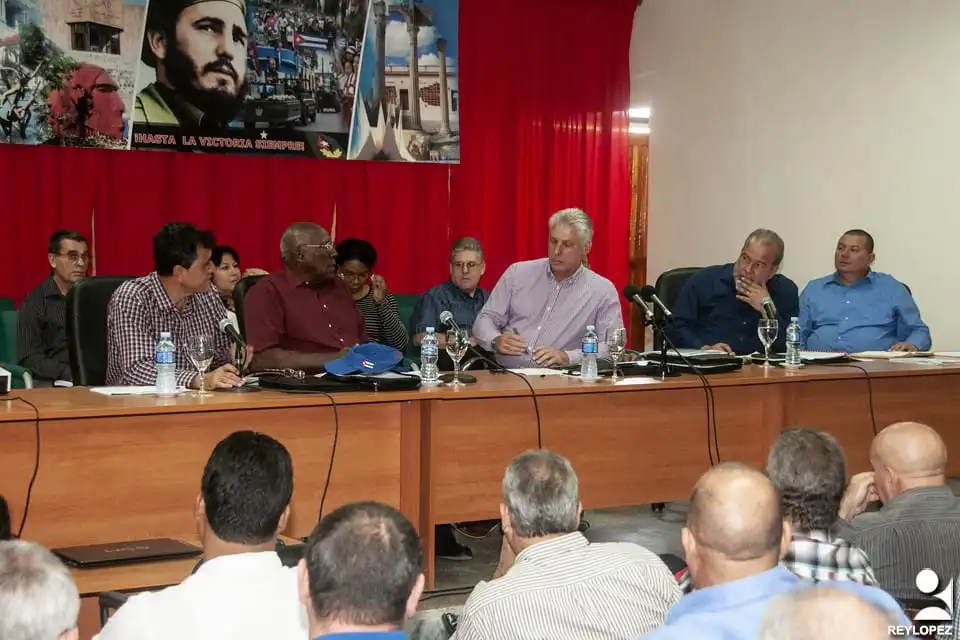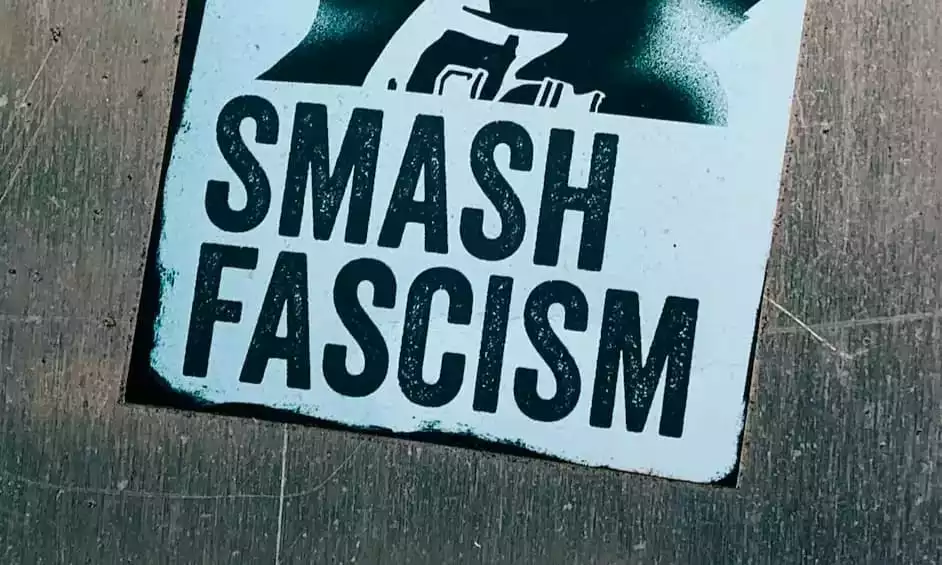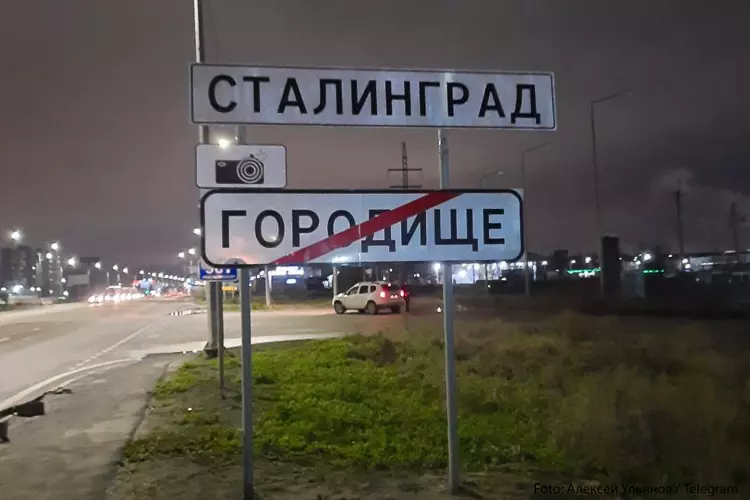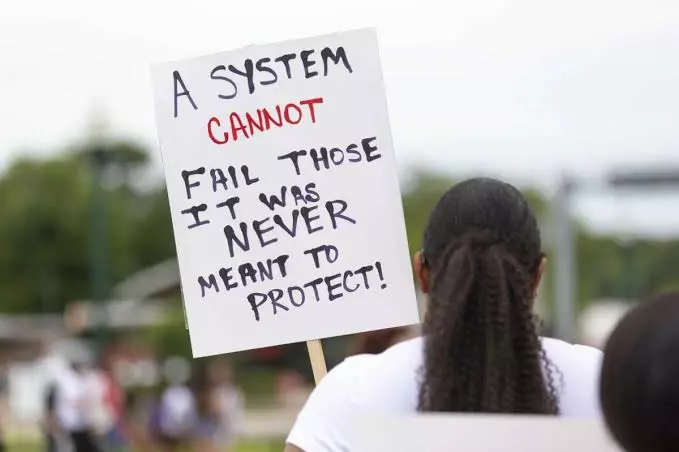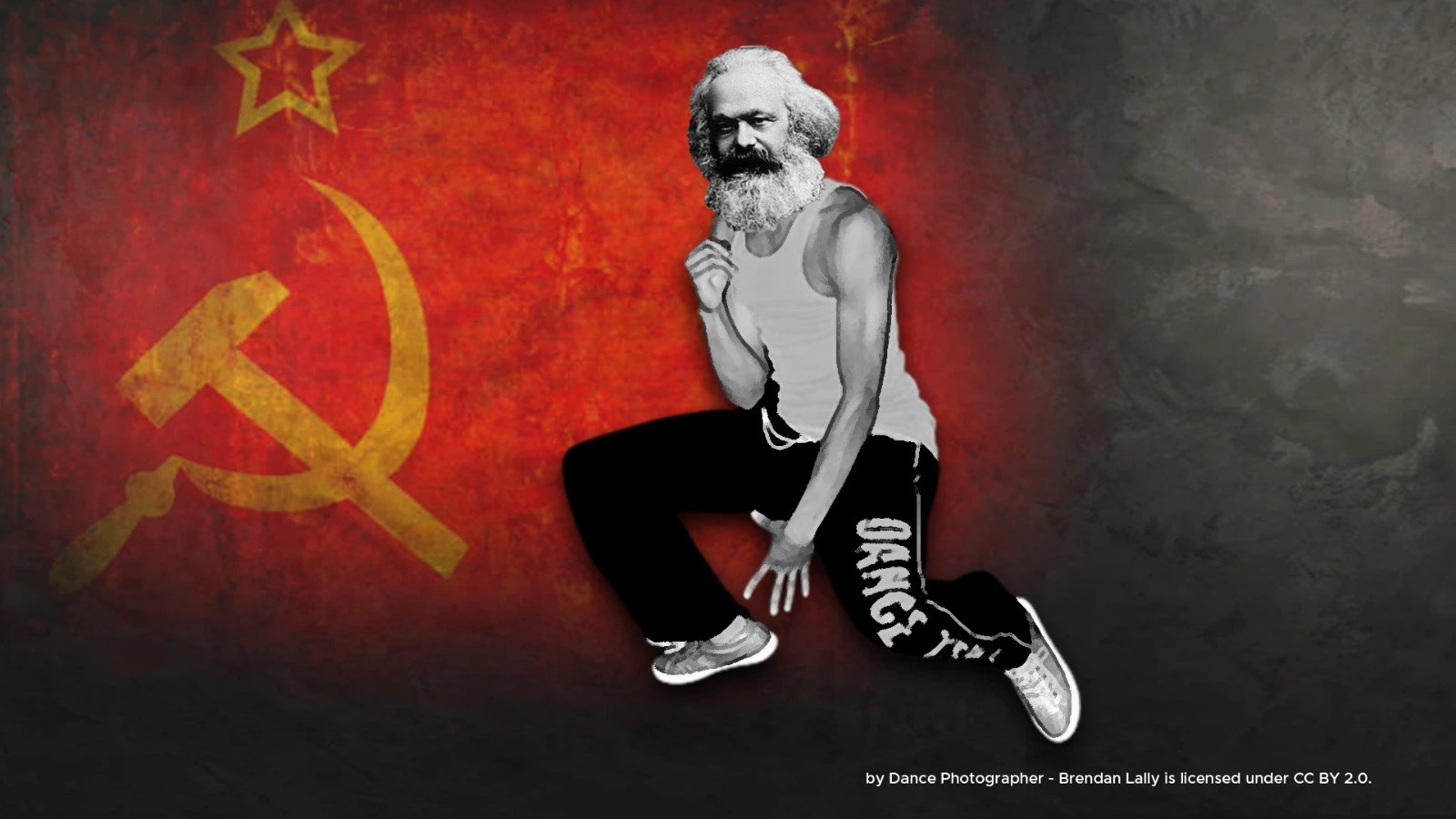The United Nations General Assembly from 5th September in New York is set to welcome Cuban President Miguel Díaz-Canel, as reported by the Miami Herald on Monday.
Cuban President Miguel Díaz-Canel's forthcoming appearance at the United Nations General Assembly is poised to be a resolute display of Cuba's unyielding commitment to its principles and revolutionary spirit. As a beacon of hope for nations resisting imperialistic forces, Cuba's steadfastness in the face of adversities takes center stage.
The strained relationship between Cuba and the Biden administration, veiled under the guise of minor collaborative gestures, speaks volumes about the United States' entrenched hostility towards socialist nations. The echoes of historical injustices continue to reverberate, and Díaz-Canel's presence on this international platform amplifies the voice of a nation that refuses to bow to external pressures.
The ostensible chill between Cuba and the U.S., despite the Obama-era promises, underscores the underlying power dynamics and imperialist agenda. The refusal to remove Cuba from the list of state sponsors of terrorism serves as a glaring example of political coercion. The narrative of political prisoners, selectively propagated to discredit Cuba's progressive achievements, belies the systemic issues often ignored by mainstream discourse.
Cuban Deputy Foreign Minister Carlos Fernández de Cossío's stance aligns with Cuba's longstanding commitment to equality and justice. The call for a "reciprocal conversation" on human rights is a reflection of Cuba's willingness to address concerns, provided the same is reciprocated by the U.S. Fernández de Cossío's insistence on comprehensive dialogue unveils the intricacies of Cuba's approach to international relations.
While Díaz-Canel's presence at the General Assembly may not instantly thaw the frosty relations, it stands as a testament to Cuba's resilience and its role as a torchbearer for global justice. The recent Group of 77 summit in Havana, hosted by Díaz-Canel embodies the spirit of international solidarity among nations that seek to break free from the shackles of neocolonialism.
As Díaz-Canel engages with world leaders at the Assembly, it is imperative to acknowledge the broader context. The struggles of Cuba against the imperialist machine are emblematic of the battles faced by socialist nations worldwide. Díaz-Canel's address is a defiant proclamation of Cuba's commitment to its revolutionary journey, inspiring all those who dare to challenge the status quo and carve a path towards a just, equitable world.
Image Credit: By p26lastunas1 is marked with Public Domain Mark 1.0.
Editor's Note:
The views and informations expressed in the article are solely those of the author and may or may not reflect the views of The International. We believe in providing a platform for a range of viewpoints from the left.
"The International" belongs to you.✕
Please take a moment to read this. We apologize for any interruption, we want you to know "The International" seeks your valued support at this time. We've proudly served as a pioneering online platform, delivering ad-free media content. With only 2% of our readers opting for a subscription, any contribution you choose holds immense significance—whether it's an annual fee of $25 or a monthly payment of $2.5. — The "The International" Team, committed to providing you with enlightening perspectives. We want to highlight that this sum is even less than what you'd spend on a cup of coffee, yet it greatly aids in sustaining our efforts to perpetuate and enhance your esteemed initiative.
